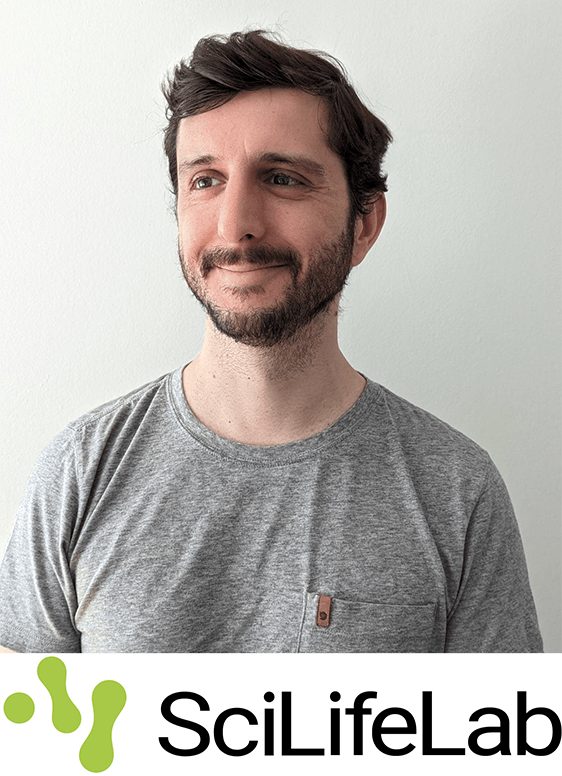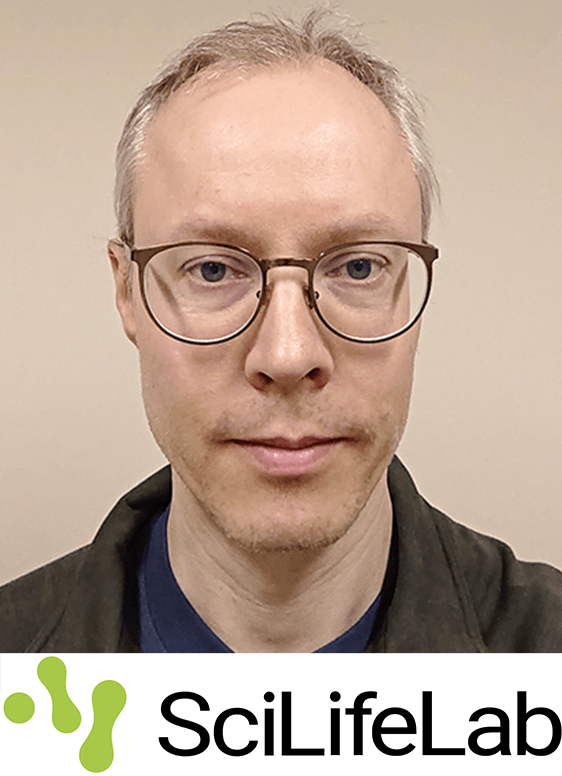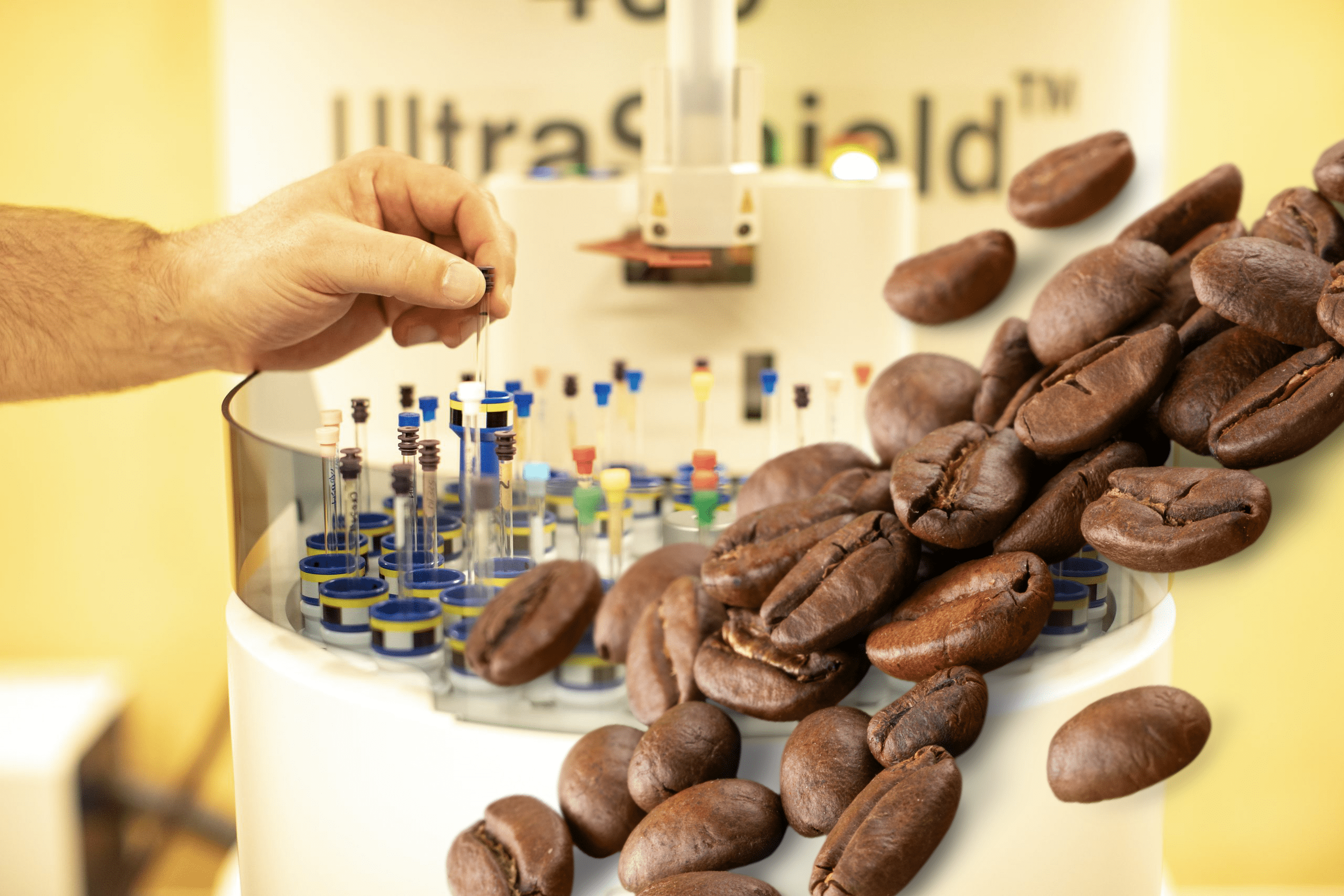Industry case: Unlocking Coffee’s Hidden Potential – A Collaboration Between Kaffe Bueno and SciLifeLab
Kaffe Bueno aims to unlock the value of coffee by-products, benefiting personal care, nutraceuticals, and functional foods. Their collaboration with SciLifeLab’s NMR Centre in Umeå, focusing on developing a method to quantify fatty acid-types in oils using Nuclear Magnetic Resonance (NMR), has led to promising results for the company and a new technique as a service for SciLifeLab infrastructure.
Kaffe Bueno is a biotech startup company that aims to become a player in the biotech industry with a focus on green products. Kaffe Bueno’s commitment to research and development drives their exploration of coffee’s untapped health potential, with currently eight full-time employees and five students/interns working on their different projects. The company employs green chemistry, biotechnology, and a sustainable approach to unlock the full value of coffee by-products, benefiting personal care, nutraceuticals, and functional foods, for example pet food, soap and sunscreen in different skin-color versions.
The collaboration with SciLifeLab involved a project related to characterize their coffee-based lipid products. The company initially encountered challenges and sought help through online searches, which eventually led research and development engineer Paloma Rozene Vallespín, to Mattias Hedenström, research engineer at the SciLifeLab NMR Centre, Umeå.
“We first learned about this project from Annica Johansson at the Swedish Metabolomics Centre. She mentioned that they had a project that might be suitable for our unit. After reviewing it, we found the project quite interesting, as it aligned with our previous discussions about similar work. So, it seemed like a good fit for us”, says Mattias Hedenström.
The project’s main objective was to develop a method using NMR to measure mono-, di-, and tri-glyceride content in coffee oil as well as the fatty acid content. This method would provide information about stabilit, purity, triglyceride evolution and yield calculations. SciLifeLab’s NMR Centre assisted in developing the procedure, preparing samples for NMR, and analyzing the raw data.
“We didn’t have anything set up for this so we had to start from the beginning. We wanted to get something that was reproducible and robust, and finally, we developed a method to measure the fatty acids in a sample of oil by NMR. “, explains João Figueira, SciLifeLab NMR Centre, Umeå.
Kaffe Bueno sees the characterization of these triglycerides as a valuable service, not only for oils in coffee, but for any type of oil. NMR was preferred over mass spectrometry because it preserves the integrity of the molecules, enabling a possibility to trace back where the specific fatty acid originates from. Understanding how enzymes work on degrading fatty acids in different formulas and adapting services to customer needs were also discussed and prioritized during the collaboration.
“Mattias and João did a lot of work to accommodate my tight timeline and provided me with the necessary information. We had discussions about the data and its analysis, and they also helped me understand NMR. I’m grateful for their hard work during this busy period.”, says Paloma Rozene Vallespín.

SciLifeLab/Swedish NMR Centre
João Figueira
Senior Scientist, Umeå University
SciLifeLab NMR Centre
joao.figueira@umu.se

SciLifeLab/Swedish NMR Centre
Mattias Hedenström
Senior Scientist, Umeå University
SciLifeLab NMR Centre
mattias.hedenstrom@umu.se

Kaffe Bueno
Paloma Rozene Vallespín
Research and Development Engineer
Kaffe Bueno
paloma.rozene@kaffebueno.com





